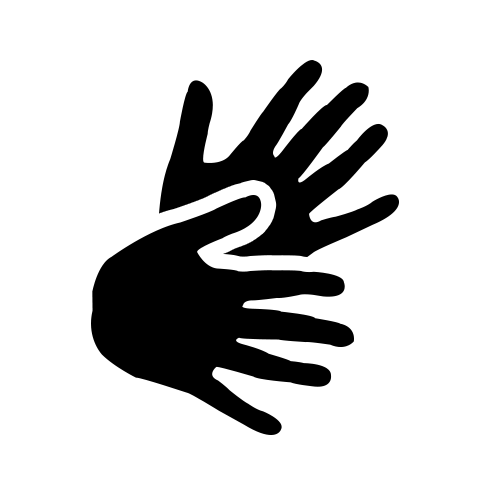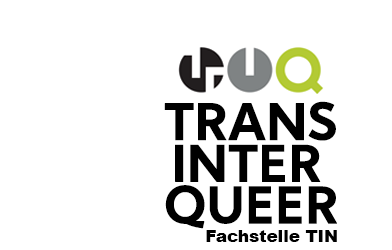Goals and Principles of TrIQ
TransInterQueer has been providing a variety of self-organized services since 2006. Some are group oriented. Others provide information, education, outreach and counselling. The political work of TrIQ also includes providing a national and international network on trans*, inter* and non-binary topics and issues. TrIQ was the first official association of trans* and inter* activists in Berlin.
The target groups and addressees of our work are trans*, inter*, non-binary people and other people who have questions regarding gender or gender assignment. This includes their caregivers and relatives. We also address professionals whose whose field of work is relevant for trans*, inter* and gender/gender assignment topics whose field of work is relevant for trans*, inter* and gender/gender assignment topics.
The most important goals of our work are the following:
- The emancipation and visibility of trans*, inter*, non-binary and queer people and their participation in all parts of society.
- More acceptance of trans*, inter, non-binary and queer ways of living for a greater variety of lifestyles in our society.
- Deconstruction of taboos, pathologization and exoticization of trans*, inter* and non-binary people and all other people whose gender or gender expression does not coincide with the gender expression of the gender binary.
- Deconstruction of prejudices and discrimination related to the body, gender identity and sexual orientation.
Find out more about our goals in our Statute.
Our Principles
We follow a non-pathologizing [1] and non-exoticizing approach in relation to our educational and outreach work. This includes our counselling services and the research we do of and with trans*, inter* and non-binary people. While we work with terms and definitions (e.g. trans* and inter*[2]), we understand language and individual terms as fluid, temporally shaped and subject to change, which means acknowledging that these terms can only be created through the individual and their process of self-definition. We therefore place high importance on people’s right to self-define and to find the language that works best for them.
We practice discretion with the concerns and wishes of people who contact and approach us, and we respect their privacy.
We support an intersectional approach in our counselling, education, and support-based work. This means recognizing and accounting for the multiple experiences, differences, and realities of trans*, inter* and non-binary people – that are a result of privilege and exclusion. We position ourselves against all forms of discrimination and structures of oppression. We want to counteract exclusions that emerge from these structures.
We recognize that our own structures are not free from discrimination and power structures. We therefore understand that anti-discrimination work is a constant internal and external reflection process that requires our active attention and concern.
Why Inter* and Trans* as a joint Project?
We recognize similarities in the following central points:
- In our society, only men and women are predominantly perceived (and clearly differentiated from one another). All other genders are suppressed. Inter* and trans* describe genders and/or gender expressions that fall outside the normative gender binary and are therefore directly discriminated against and marginalized.
- Both trans* and inter* people are pathologized [1] because of their supposedly inappropriate bodies. This ignores the fact that the problem is first and foremost a social and cultural one and that it is rooted in the normative view of society.
- Both inter* and trans* people have been denied the right to choose their own gender, without their psychological health being questioned.
The joint project does not intend to replace trans* or inter* projects but aims to build bridges between different movements that center alternatives and critiques of the gender binary. Moreover, the joint project aims to provide concrete improvements to the living situations of inter* and trans* people while providing accurate information within public spaces.
[1] Pathologize = to view or treat something as medically ill or disturbed.
[2] We are aware of the problematic nature of the categories trans*, inter* as well as inter- and transgender. These terms originate from medical language and discourse that pathologizes and is exclusive. The function of these terms has historically been used to separate people from the norm (which does not stand for “normal human” but rather stands for the imagined principle of “normal gender”). We reclaim the terms to encourage self-determination. The positive use of the terms creates a social space that would otherwise not exist in the prevailing gender binary. By that, we also aim to deconstruct the pathologized connotations of the terms.




